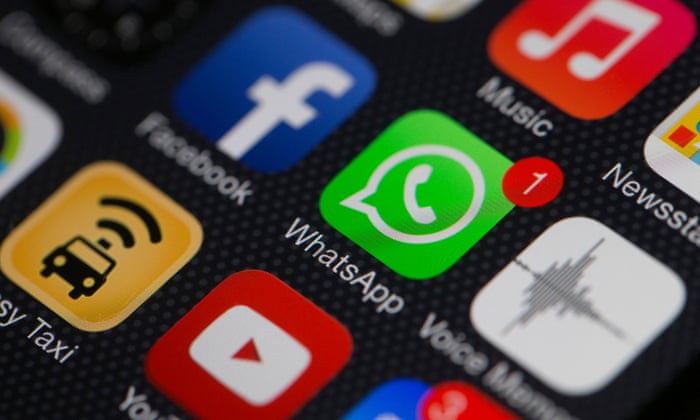
This article is about how a parliamentary inquiry into fake news is to consider legislation forcing social networks to improve the way they handle complaints after Facebook’s failure to remove sexualised images of children. Collins who is the chair of the CMS committee, will examine whether new offences should be created to ensure social networks are held responsible for inappropriate content, including fake news as well as images of children which have been reported.“If we reach a tipping point where the level and virality of fake news is such it is crowding out [real] news it is a challenge to democracy.” Both Google and Facebook are expected to be questioned by Collins and the CMS committee as part of its inquiry into fake news this spring. In addition, the spokes-person said that “Facebook is a major media platform … Just to say this is a technology platform isn’t good enough anymore...". This is in reference to the fact that with a company of Facebook's calibre, how can they not find a way which could scrap the fake news and make sure all the users have the accurate news and not being led to the misleading information.
- Collins, a Conservative MP, also criticised Donald Trump’s use of the term fake news to describe “any news organisation he dislikes … To label that fake news is a particularly pernicious act,” he said.
- “Facebook was in breach of its own community policy,” he said of its decision to remove just 18 of 100 images flagged by a BBC reporter. “Are regular users bringing complaints not being looked at?”
I believe that what Facebook, and a lot of other social media sites, are doing, is trying to save themselves from the critics so that they will not have anything bad said about them. One of the key reasons I think this is because, CEO Mark Zuckerberg talks about how 99% of the time, news is accurate which therefore means that there is a 1% chance that the news could be inaccurate. However, he did not mention that; he said that they will spot this 1% chance and no one would notice it. In addition, I believe that this is very misleading for the Facebook users and they then may think that everything that they see on Facebook is true when others would know that this is a false piece of news. Therefore, I think that Facebook should change this and should make sure that everything they distribute should be properly checked over before 'feeding the news' to their audience/users.
No comments:
Post a Comment